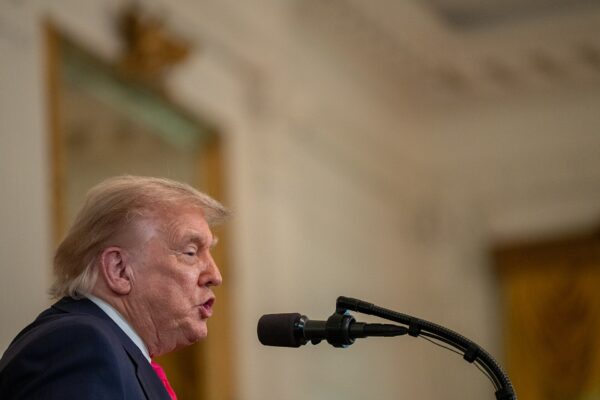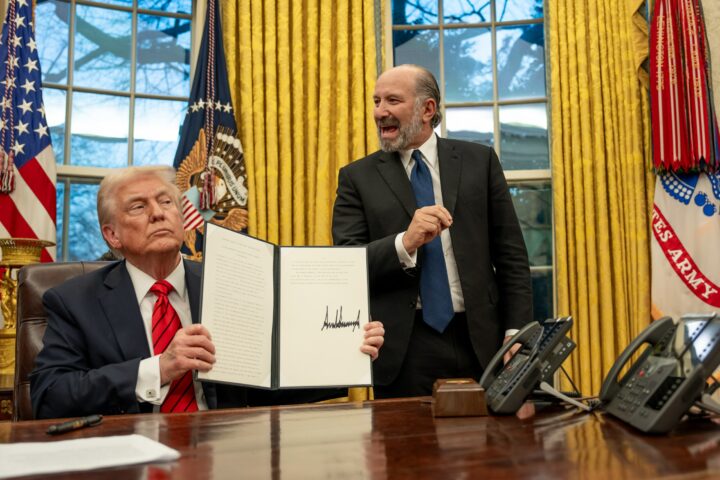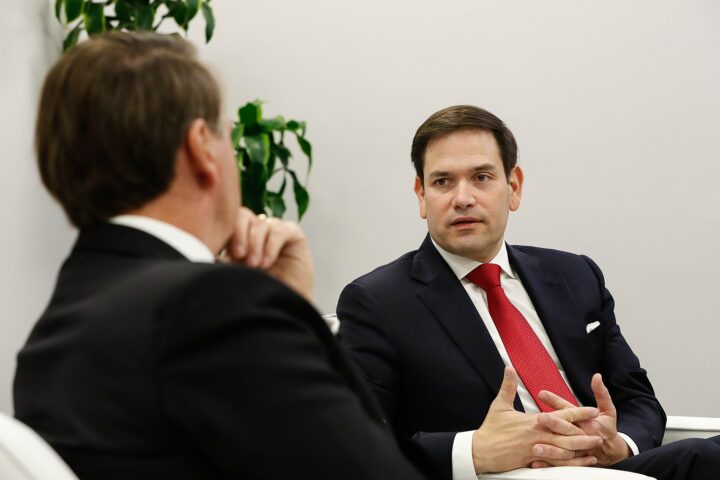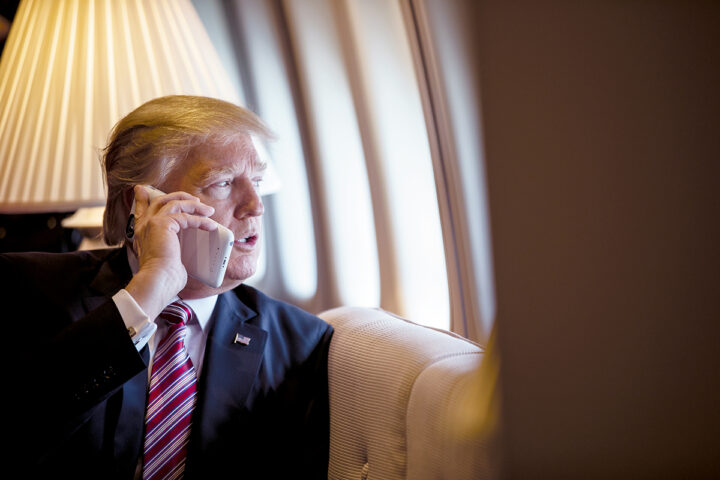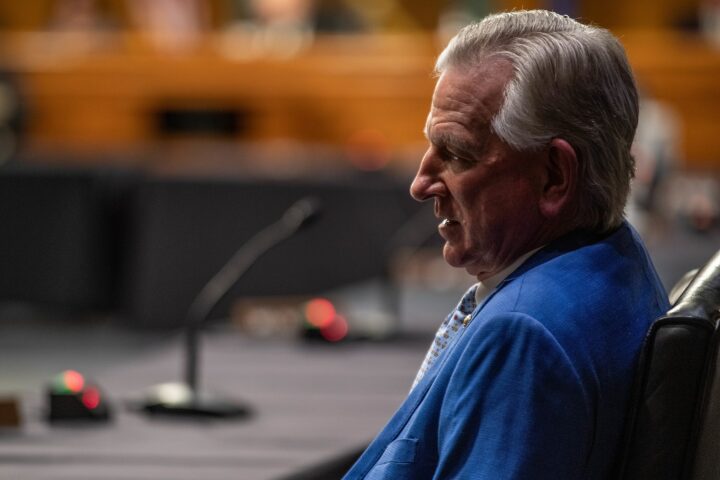President Donald J. Trump on Friday reportedly delivered a stark warning about the shifting balance of power in the world, declaring that both India and Russia appear to have moved into China’s orbit after their leaders joined President Xi Jinping for a high-profile summit.
“Looks like we’ve lost India and Russia to deepest, darkest, China. May they have a long and prosperous future together!” Mr. Trump wrote in a pointed social media post, alongside a photo of the three leaders meeting in Tianjin.
His remarks underscored a widening geopolitical divide as Beijing expands its influence among non-Western nations through forums like the Shanghai Cooperation Organization, which brought together more than 20 heads of state this week.
Among the most notable attendees were Russian President Vladimir V. Putin and Indian Prime Minister Narendra Modi, both seen clasping hands before joining Xi onstage.
For the United States, the image of Modi and Putin standing shoulder to shoulder with Xi symbolized the challenge facing Washington as it seeks to maintain influence in an increasingly multipolar world.
While past administrations have often spoken of India as a counterweight to China, Mr. Trump’s assessment suggested that calculus may no longer hold.
Asked about Mr. Trump’s comments, India’s foreign ministry declined to engage. “No comment,” a spokesperson said tersely in New Delhi. Representatives for Beijing and Moscow were not immediately available for reaction.
The summit marked another opportunity for Xi to project leadership in building what Chinese officials have described as a “new world order” not bound by Western dominance.
That posture — welcoming Putin and Modi into closer embrace — highlighted the extent to which America’s rivals are willing to set aside their own frictions in order to present a united front against Washington and its allies.
Mr. Trump, who has made recalibrating global alliances a centerpiece of his foreign policy, has expressed mounting frustration over the choices made by world leaders he once considered potential partners.
Earlier in the week, he said he was “very disappointed” in Putin but added he was not concerned about Russia growing closer to China. His reaction on Friday, however, revealed sharper concern about losing New Delhi, long courted by Washington as part of a broader Indo-Pacific strategy.
The cooling of U.S.-India ties comes after months of trade disputes and disagreements over defense cooperation.
For Mr. Modi, choosing to stand with China at Xi’s summit could reflect both domestic calculations and the perception that Beijing, not Washington, is increasingly setting the terms for regional politics.
Conservatives in Washington argue that the developments vindicate Mr. Trump’s longstanding warnings that complacency about China’s rise would carry a steep cost.
While critics have accused him of straining ties with allies, supporters point to his blunt assessments as evidence that he sees clearly the geopolitical realities others prefer to ignore.
In his brief but striking post, Mr. Trump offered no illusions about the stakes. India and Russia, he suggested, may have chosen their path — one aligned with Beijing, and one that leaves the United States with fewer partners in confronting a growing authoritarian bloc.
[READ MORE: Biden Seen With Large Gash After Cancer Surgery]

